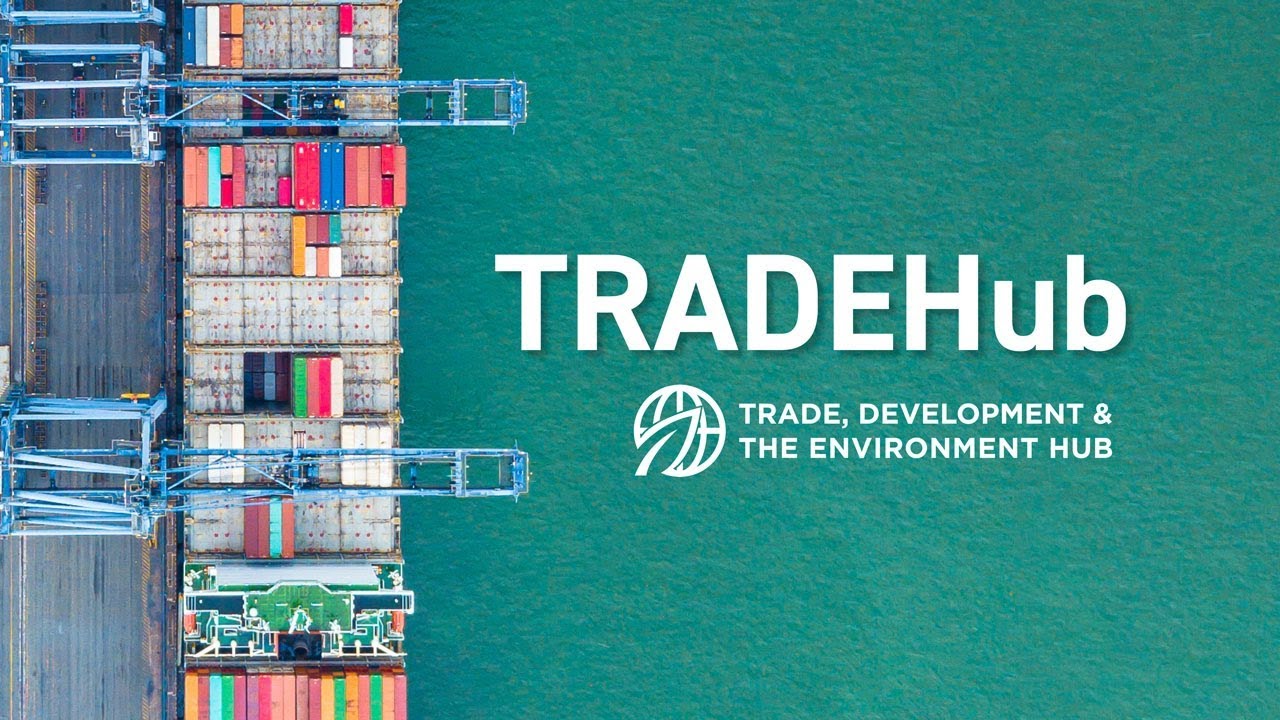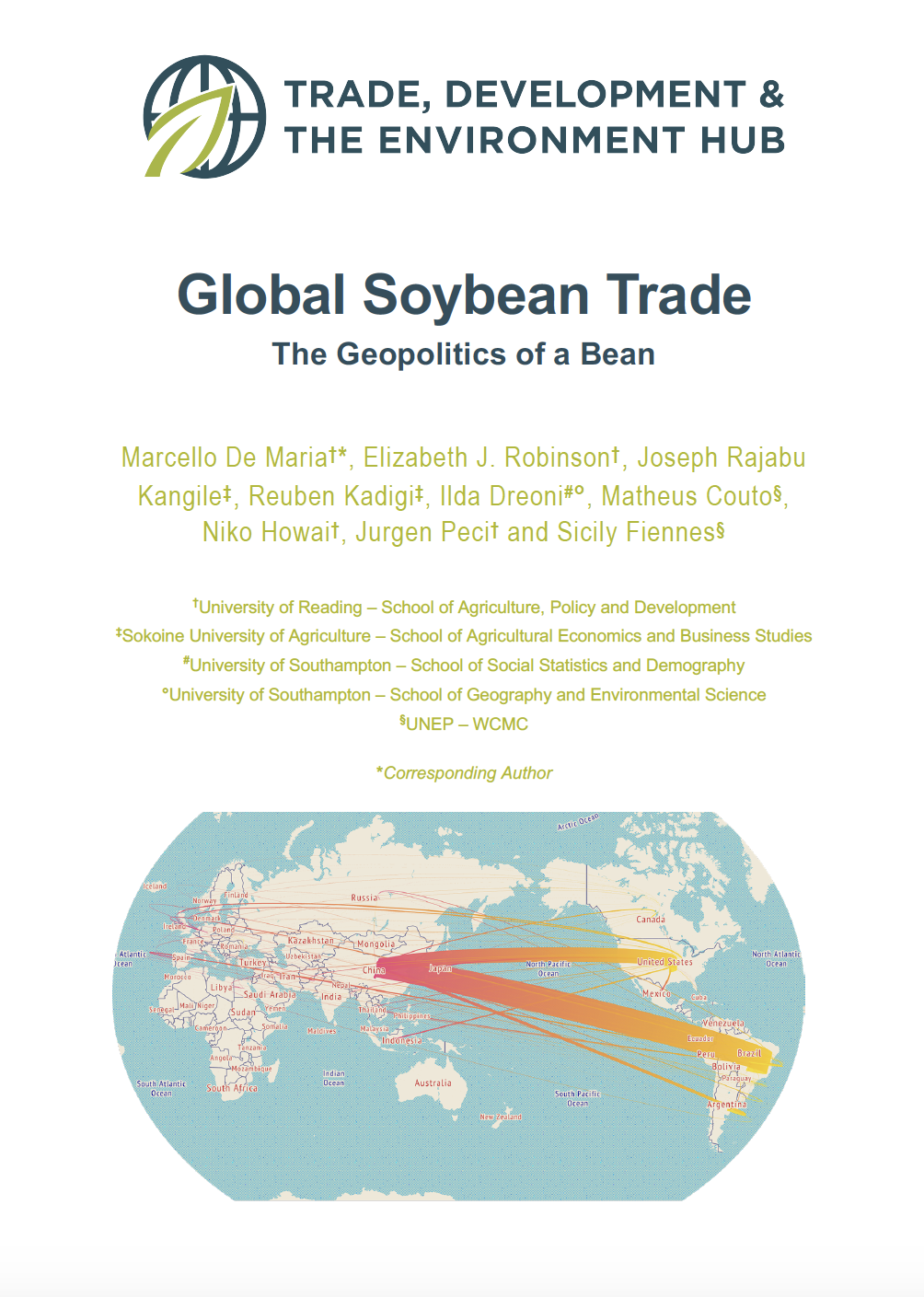Location
The world’s leading experts have predicted that a million species are now threatened with extinction, and that ‘the direct exploitation of organisms’ is the second biggest cause of wildlife loss around the world.
While trade in natural and agricultural goods has long been a key part of economic growth, removing too many wild animals or plants can cause populations to decline and ultimately crash. Clearing land for crops also removes important habitat for wildlife and threatens water, air and soil.
This degradation of the environment, including wildlife affects everybody. Many rural communities rely directly on surrounding nature for their livelihoods. Clearing lands for commercial farming, which may only benefit a few people for a short time, can therefore leave very little for local people to live on.”. Globally, deforestation also releases greenhouse gases, accelerating the climate crisis all over the world and reducing the environment’s ability to bounce back after extreme weather events. And whether you live in a rural or urban environment, we all depend on a thriving, diverse natural world for clean drinking water, pest and disease control, pollination of crops and food and raw materials.
To protect our natural environment and support human development, we must take steps to make trade more sustainable.
Members:
Resources
Displaying 1 - 1 of 1Global Soybean Trade
With a diameter of only 5 to 11 millimetres on average, it is fascinating to think how soybean is currently affecting – and affected by – changes in economy, environment and society, both at the global and at the local level. Bearing in mind the main objective of the Trade Hub project and the specific contribution of Work Package 4, the present Scoping Study analyses the evolution of the ‘geopolitics’ of international trade flows, dissecting social, institutional, economic and environmental outcomes along the value chain of this commodity.


